Resources
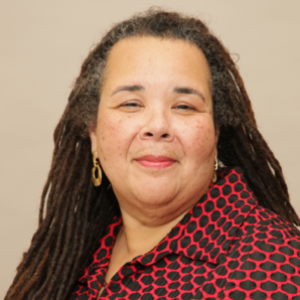
Nancy Lynne Westfield Associate Professor of Religious Education Drew Theological School Teaching for racial equality, and against oppression, has meant coming to grips with what my adult students (domestic and international) do not know, i.e. the basic concepts of race and the mechanisms of racism in the United States. Teaching
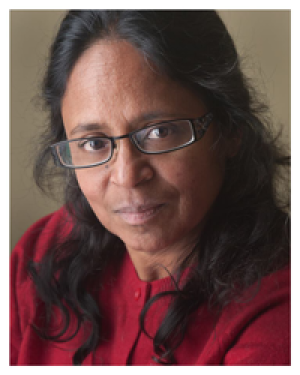
Himanee Gupta-Carlson SUNY Empire State College Shortly after the verdicts in the Ferguson and Staten Island police beating cases led to protests via social media and demonstrations across the country, I found myself involved in two conversations. The first occurred with a car mechanic in Saratoga Springs, the small rural New York community where I work. The mechanic, an African American, described the encounters between the African American males and police officers as well as the citizen protests as signs of unremitting violence. He relayed a racially coded incident with local police in which a man was pulled over, rightfully,
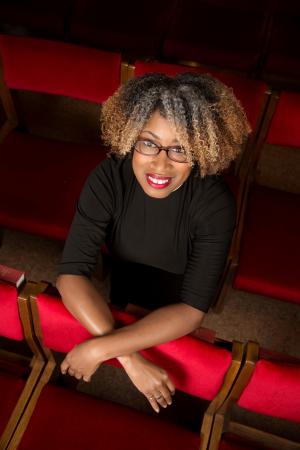
Wil Gafney Associate Professor of Hebrew Bible Brite Divinity School When and where I enter, in the quiet, undisputed dignity of my womanhood, without violence and without suing or special patronage, then and there the whole Negro race enters with me. Anna Julia Cooper Student enters. Looks at me, looks at other students, looks back at me. Is this room 101? Looks at me, looks at other students, looks back at me. Is this Hebrew? Looks at me, looks at other students, looks back at me. Are you teaching it? There is no place that race is not present and...
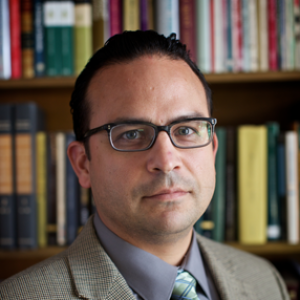
Gregory L. Cuéllar, Ph.D. Assistant Professor of Old Testament Austin Presbyterian Theological Seminary My introduction to Old Testament course has served as an experimental site for decentering racializing master-narratives, especially those that have contributed to the marginalization of the Other in the Texas-Mexico Borderlands. As a Latino biblical scholar, decentering represents an important pedagogical tactic that is shaped and informed by various forms of critical theory, postcolonial theory, and archival studies. This theoretical apparatus also draws heavily upon a lived experience of marginalization as an ethnic-Mexican in the Texas-Mexico Borderlands. Moreover, the present racial crisis in U.S. society has made...
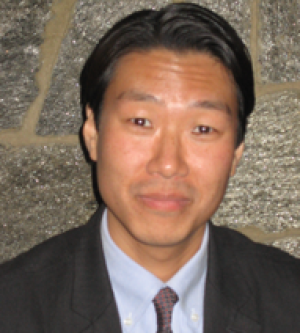
KC Choi Associate Professor, Department of Religion Seton Hall University I was horrified to discover that Dylann Roof regarded Asians as inherently racist and thus possible allies to white supremacist causes. That opinion received little media attention, except for spotty clusters throughout social networking sites. And while Roof’s assessment of Asians is nothing short of galling, I also found them disquieting; it was the words of a white supremacist mad man that had uncomfortably recalled a specific set of experiences in my course “Race, Politics, and Theology.” Students in my course have mirrored the relative racial and ethnic diversity of...
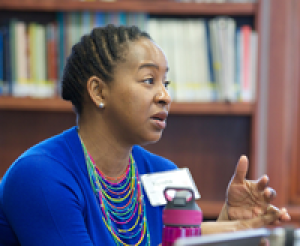
Nyasha Junior, Ph.D Assistant Professor of Hebrew Bible Temple University Department of Religion The Rachel Dolezal story is all over the news. The story is a horror show for many reasons, but as Dolezal was an African-American Studies instructor at Eastern Washington University, her story brings up important issues of race in the classroom. It has me wondering how my colleagues think about and handle these issues. What does the Dolezal story bring up for you as an educator? What assumptions do your students make about you based on your body? What assumptions do students or other scholars make about
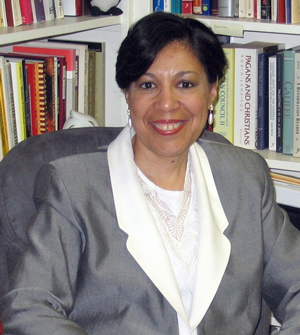
Loida I. Martell-Otero Professor of Constructive Theology Palmer Theological Seminary of Eastern University When those of the dominant culture express shock and dismay at events such as those that took place in Ferguson, Missouri in 2014, when they claim with indignation that this “should never happen again,” I think of a Puerto Rican proverb: “No hay peor ciego que el que no quiera ver (There is no worse blind person than the one who refuses to see).” Joseph Barndt observes that in the socialization process of being raced as white, the dominant culture is not only segregated from people of..
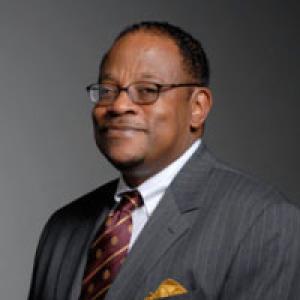
Stephen G. Ray Jr. Neal A. and Ila F. Fisher Professor of Theology Garrett-Evangelical Theological Seminary I admit that I was a bit flumoxed by how disoriented most of the students in my class were through much of the semester. My two very talented TAs were likewise lost for an answer. We realized late in the game that the reason for this seeming disorientation was there before us the entire time - we just resisted seeing it. Before continuing, it might be helpful if I shared a pedagogical decision I made about the teaching of the class. As I shared...

Richard Newton Assistant Professor of Religious Studies Elizabethtown College When I signed up to teach the Bible and Race in the USA, I didn’t know that my students would be able to live stream the lynching of Eric Garner and Tamir Rice. No one told me that modern courtrooms would accept a testimony from one who could liken Michael Brown to a demon. And did I mention that my undergraduate seminar was divided evenly along the color line—three white students with two black students and myself? Colleagues at my new school were excited and nervous for me. No one knew...
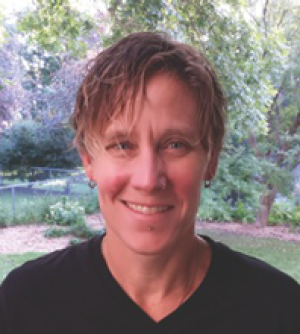
Jennifer Harvey Associate Professor Drake University In some ways it’s really simple. If we had genuinely multi-racial classrooms in the U.S. the challenge of race in those same rooms would be much less of one. We so quickly find ourselves embroiled in an oh-so-familiar conversation when the pedagogical question becomes how to best teach race, privilege, U.S. religious history, ethics, and justice in the religion and theology classroom. How do we keep white students from shutting down? How do we get them to understand? How do we enable them to recognize their stake in such learning when so few of them have had to..